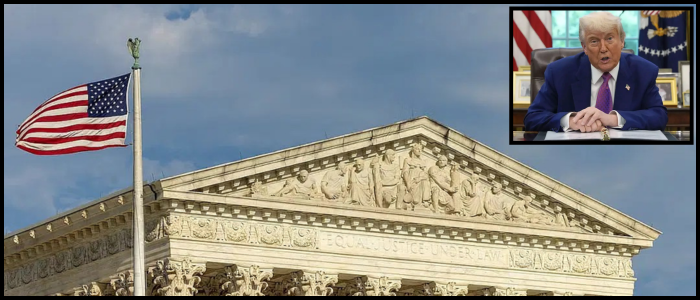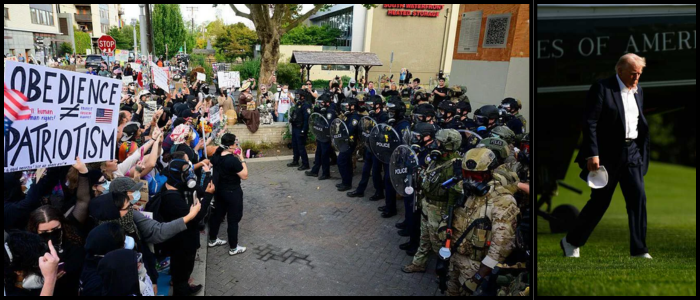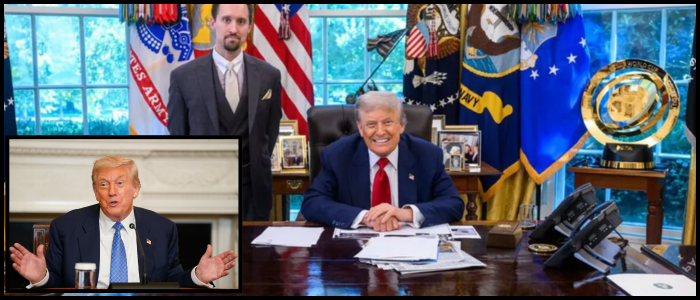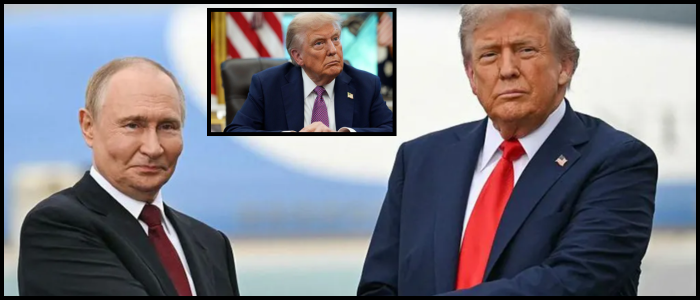The administration said the Department of Homeland Security should have the flexibility to deport migrants to countries other than their homeland without having to offer written notice or an opportunity to challenge deportation if the migrant claims to fear torture. The Supreme Court agreed in a majority opinion to stay the lower court order, though the court did not offer a detailed explanation.
Divergence in human rights and justice
The opinion prompted a pointed dissent from the court's three liberal justices — Sonia Sotomayor, Elena Kagan and Ketanji Brown Jackson. Sotomayor lambasted the ruling as allowing for "lawlessness," alleging that the Trump administration has countered court decisions on the matter "contemporaneously" with those decisions. She pointed out that the case involved high-stakes constitutional protections for migrants confronting life-threatening circumstances if removed to particular countries.
Advocates for migrants expressed concern, warning that the ruling could open the way for people to be returned to dangerous countries without due process. "It's taking a machete to some of the most critical protections there are," said Trina Realmuto, executive director of the National Immigration Litigation Alliance, adding that the decision eviscerates crucial due process protections that have prevented some migrants from being tortured, or killed.
Expulsion to Places Like South Sudan Continues
The case has refocused attention on another Trump administration policy: deporting people to volatile countries, often without advance notice. Migrants — among them Cubans, Vietnamese and Laotians — were held incommunicado at a United States military base in Djibouti, ready to be moved to South Sudan, according to reports. None of them had visited the country.
Judge Brian Murphy, part of whose earlier ruling the Supreme Court suspended, stressed that his decision on May 21 still applied to some of those affected. That order mandates that migrants be granted access to private interviews, legal representation and time to raise fears of torture.
The Trump administration has maintained that many of the migrants have serious criminal records. But their lawyers argued that many of the detainees have no history of criminal convictions. At stake in the legal dispute is the United States' obligation under the Convention Against Torture, which it ratified in 1994, and which prohibits returning someone to a country where the person is likely to be tortured.
The administration has said that if it can obtain "assurances" from a foreign government that deportees will not be tortured, it has no obligation to notify the migrants or let them contest their deportations in court. It has, in several cases, reportedly afforded people one day's notice before they are removed.
The Supreme Court's ruling does not resolve the legal issues but permits the deportations under the policy that challenges the administration's immigration doctrine to proceed even as lower courts continue to review the matter. Critics are cautioning that this could set a troubling precedent allowing some of the most vulnerable to be placed in grave danger abroad.
Politics

Supreme Court Backs Trump Deportations to Third Countries

The U.S. Supreme Court has granted an emergency request from former President Donald Trump allowing his administration to resume deporting migrants to third-party countries, including countries in the midst of conflict such as South Sudan. The decision, handed down on Monday, blocks a lower court decision that had barred the policy on constitutional grounds and is a major victory for the Trump administration.















